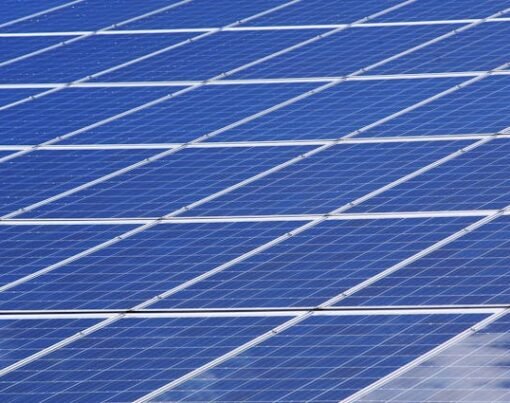Hard water, characterized by high mineral content, can have a considerable impact on your plumbing system over time, warns DRP Arlington property management. The minerals typically responsible for hardness, such as calcium and magnesium, can accumulate in pipes, fixtures, and appliances, leading to various issues. Understanding the consequences of hard water and implementing preventive measures is crucial for maintaining the efficiency and longevity of your plumbing system.
Table of Contents
Calcium and Magnesium Buildup
The primary culprits behind hard water are calcium and magnesium ions. As water travels through the ground, it picks up these minerals, resulting in water hardness. When hard water flows through pipes, it leaves behind mineral deposits, gradually building up over time. This buildup, commonly known as limescale, can lead to reduced water flow, clogs, and decreased efficiency in water-using appliances.
The Impact on Pipes
Hard water deposits in pipes can lead to a gradual reduction in water flow. The minerals accumulate on the interior surfaces of the pipes, creating a narrowing effect that restricts the passage of water. Over time, this restriction can lead to decreased water pressure and increased stress on the plumbing system. Pipes may become more susceptible to leaks, and the overall efficiency of the water distribution system can be compromised.
Scale Deposits in Appliances
Household appliances that use water, such as water heaters, dishwashers, and washing machines, are particularly vulnerable to the effects of hard water. The buildup of scale deposits in these appliances can decrease their efficiency, leading to increased energy consumption and higher utility bills. Moreover, the strain on the components may result in a shortened lifespan for these appliances, necessitating more frequent repairs or replacements.
Soap Scum and Cleaning Challenges
Beyond the functional impact, hard water can also create aesthetic challenges within your home. When hard water reacts with soap, it forms soap scum, leaving a filmy residue on bathroom surfaces, shower doors, and fixtures. Cleaning becomes more challenging as soap scum adheres to surfaces, requiring more effort and potentially harsher cleaning products. Addressing the root cause of hard water can alleviate these cleaning challenges and maintain the aesthetic appeal of your home.
Preventive Measures
Preventing the negative effects of hard water involves implementing preventive measures. Water softeners and conditioners are effective solutions that work to reduce the concentration of minerals in the water. Water softeners use ion exchange to replace calcium and magnesium ions with sodium ions, mitigating the impact of hard water. Conditioning systems alter the structure of the minerals, preventing them from forming scale deposits. Installing these systems can significantly contribute to the longevity of your plumbing system and appliances.
Regular Maintenance
Regular maintenance is crucial for combating the effects of hard water. Flushing the plumbing system by removing accumulated sediment and deposits can help maintain optimal water flow. Descaling appliances like water heaters and coffee makers on a periodic basis prevents the buildup of scale, ensuring their efficient operation. Regular maintenance routines, combined with preventive measures, contribute to a healthier plumbing system.
Water Quality Testing
Awareness of your water quality is fundamental in addressing hard water issues. Conducting water quality tests can provide valuable insights into the mineral content of your water. Testing helps identify the degree of water hardness and guides the selection of appropriate preventive measures. A local plumber or water treatment company will usually offer testing services, allowing homeowners to make informed decisions about the best strategies to combat hard water in their specific location.
The impact of hard water on your plumbing system is a gradual process that, if left unaddressed, can lead to significant issues. Understanding the consequences of mineral buildup, implementing preventive measures, and embracing eco-friendly solutions are crucial steps in preserving the efficiency and longevity of your plumbing system. By taking proactive measures and staying informed about water quality, homeowners can ensure a healthier and more sustainable plumbing infrastructure for years to come.










